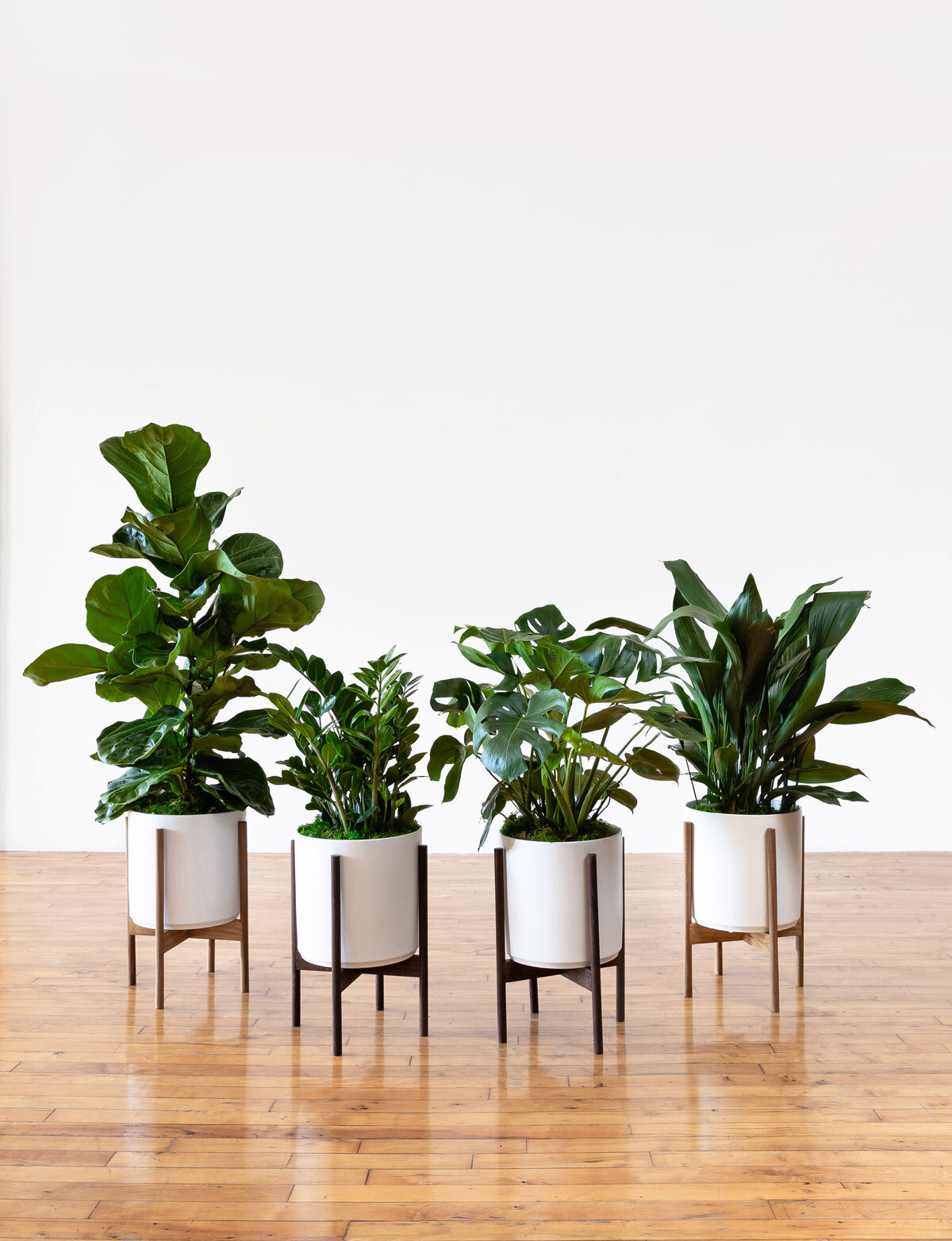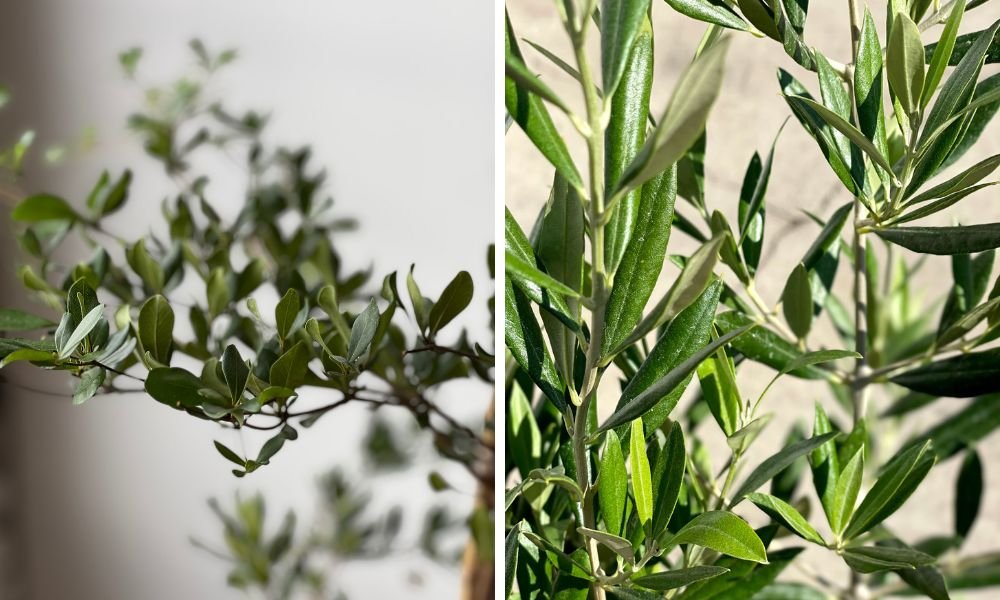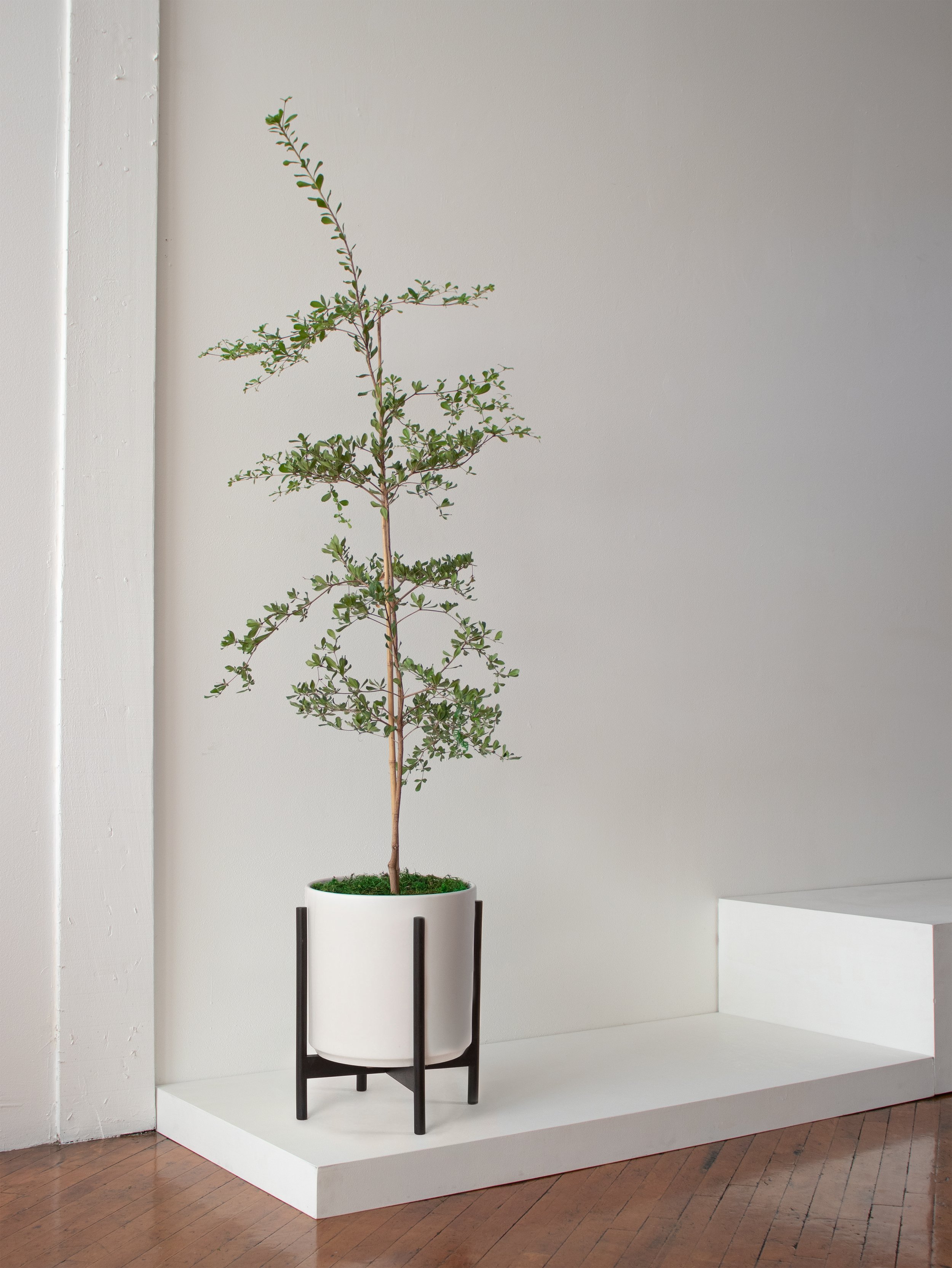At Léon & George, we are drawn to spaces that embody natural beauty and timeless design, which is why our recent photoshoot at Villa Benkemoun in Arles, France, felt like a natural fit. This stunning architectural gem, built in the early 70s and designed by architect Emile Sala, is an iconic landmark representative of the era and mid-century modern house design. It was the perfect setting for capturing how an environment can blend style and functionality with the right amount of nature.
Villa Benkemoun: A Showcase of Modernist Architecture
Our Founder, Nicolas, who grew up near Arles, has always been inspired by the region's unique landscape and cultural heritage. At Villa Benkemoun, the modernist architectural design integrates indoor and outdoor spaces seamlessly. With expansive glass windows, unique curves, and playful colors, the home invites you to revel in the sculptural orchestration of light and shadow. The playfulness throughout each room accentuates the villa’s distinctive character, showcasing a blend of modernist and contemporary design elements.
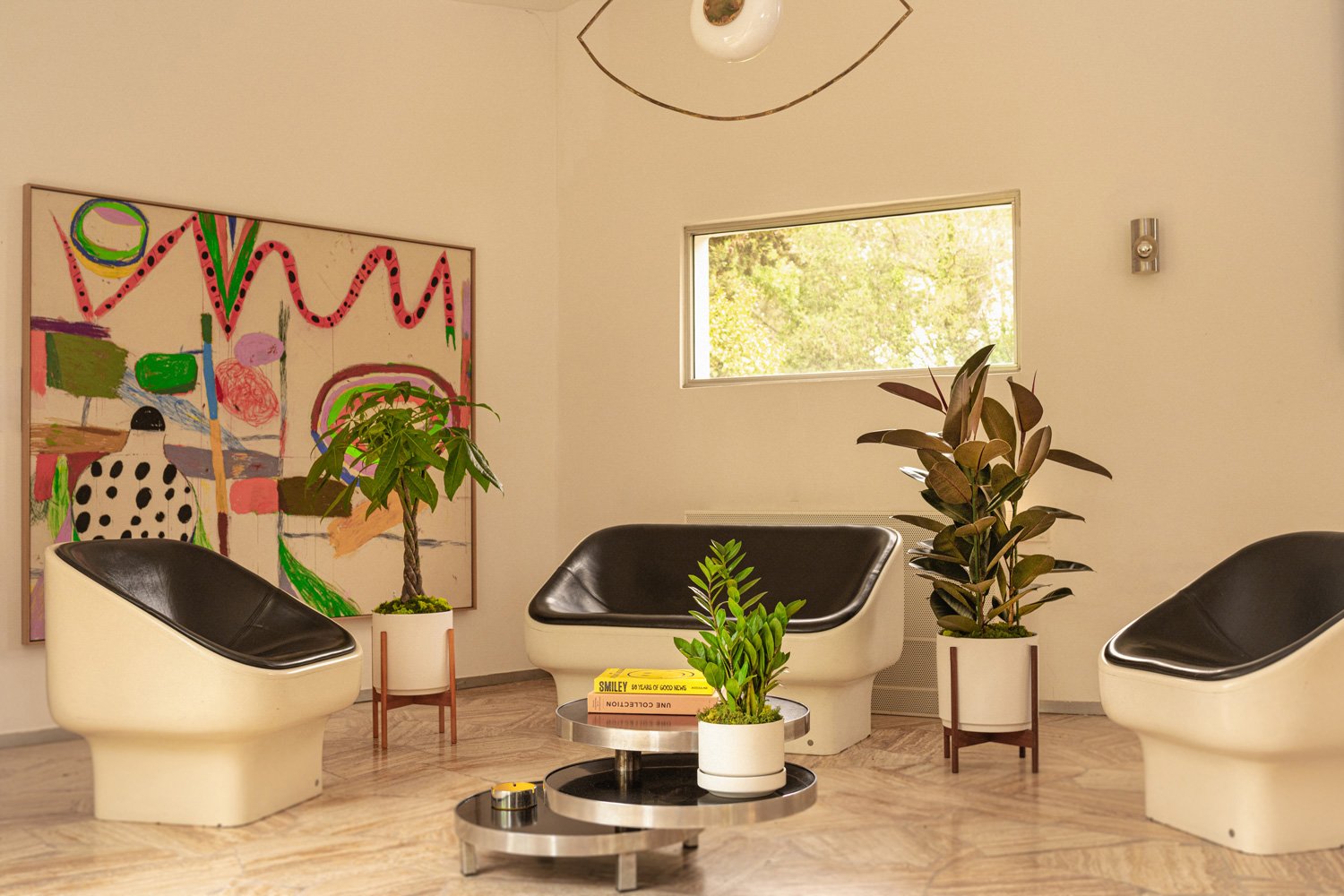
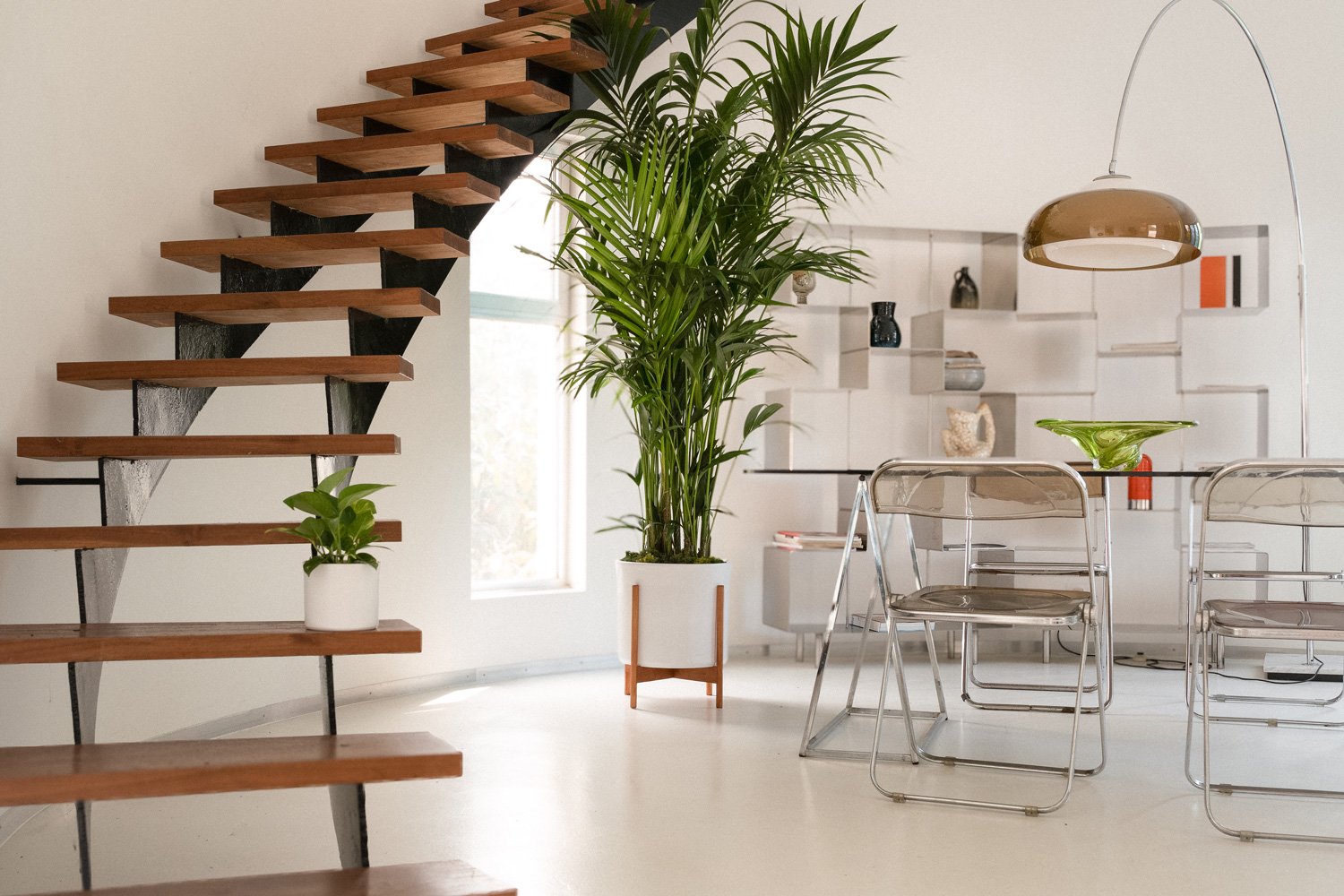
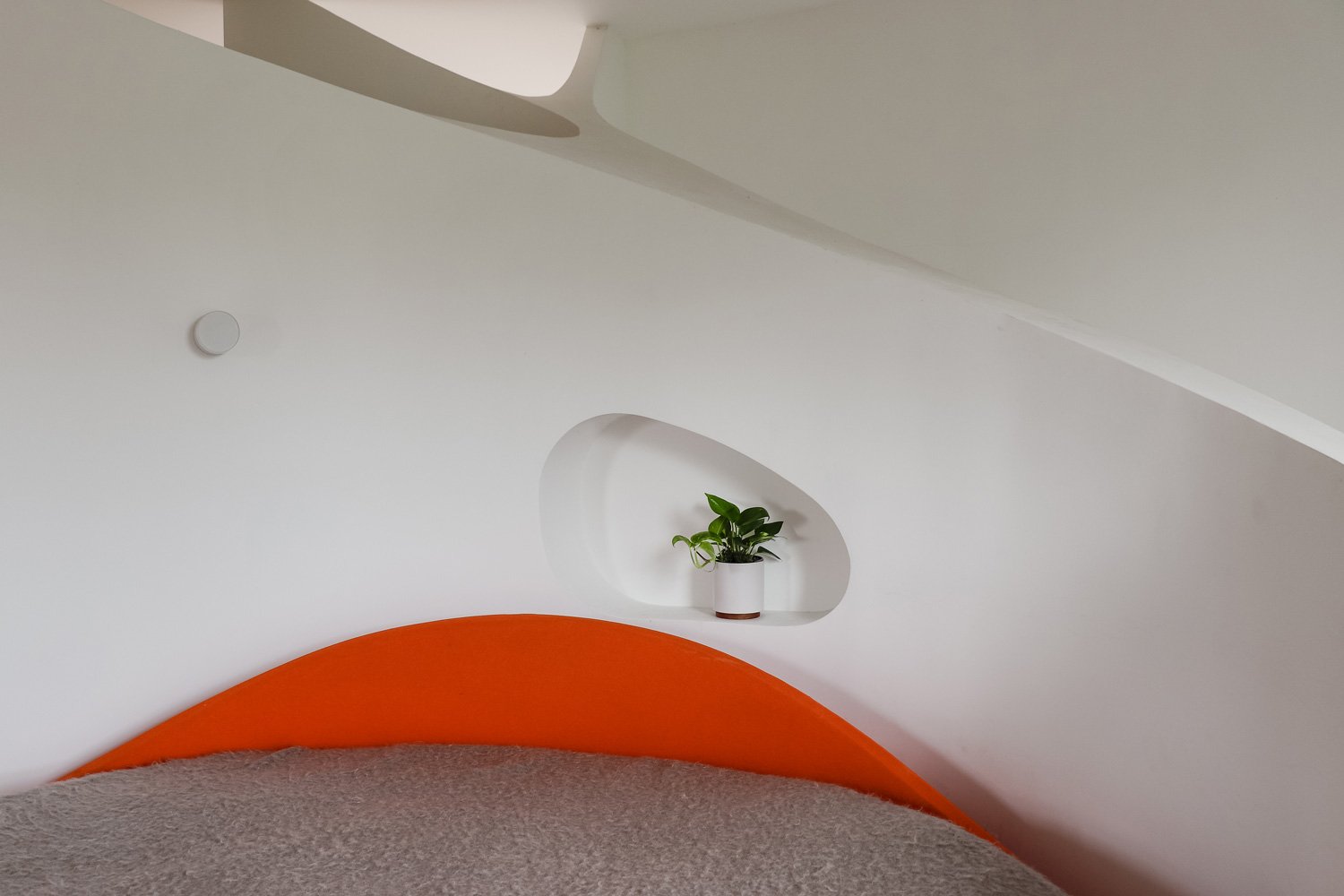
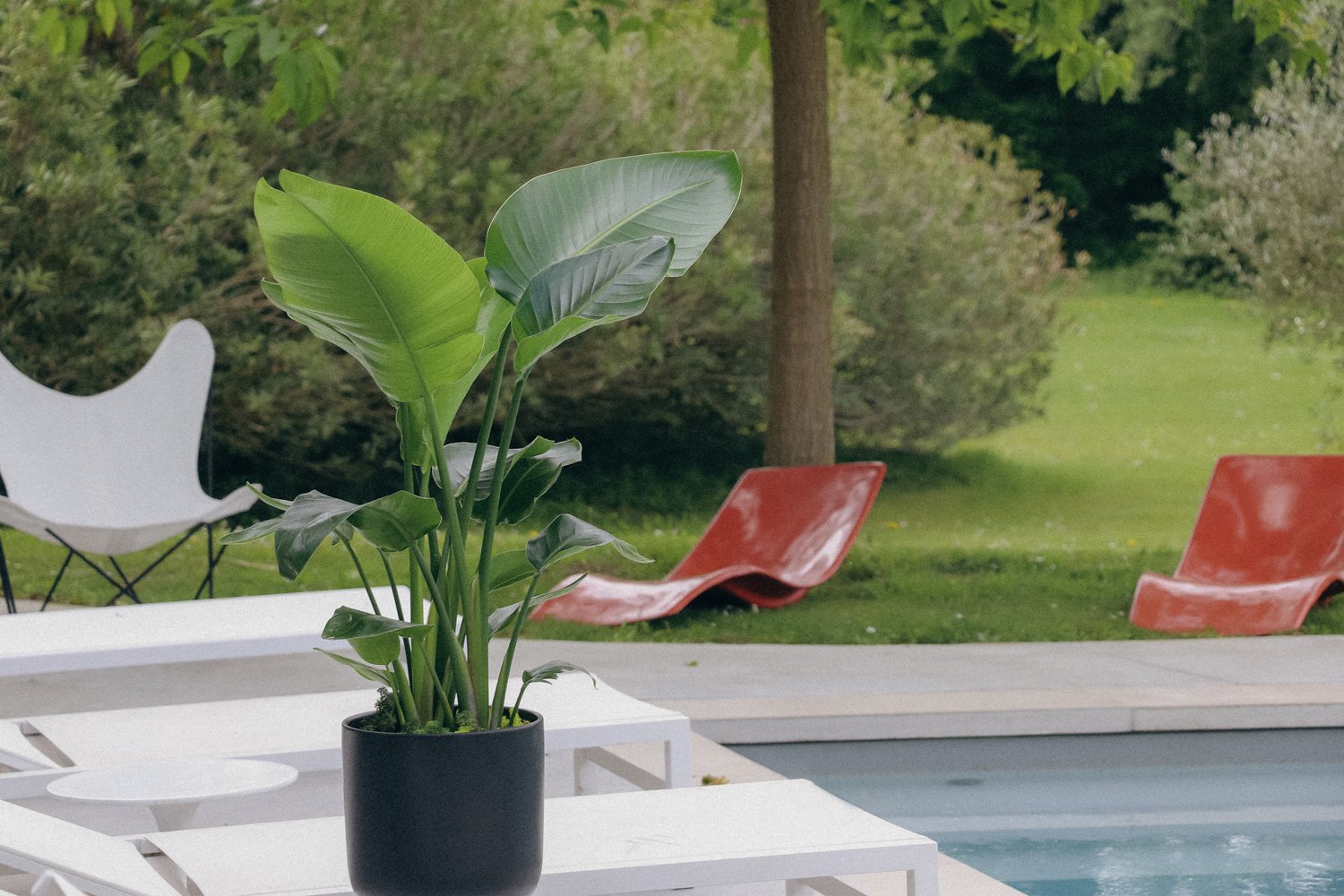
Living room plants: Large Money Tree, Medium ZZ, XL Rubber Tree, Office plants: Jade Pothos, XXL Kentia Palm, Pool Plants: Bird of Paradise
Architectural Design with a Touch of Retro Charm
The Villa Benkemoun is filled with all original furnishings from the home’s owners, adding to the delight and charm of being in the space. Walking through the front door is like traveling back in time, from the bright orange lounge chairs to chrome cabinets, and a kitchen filled with vintage appliances, you’re instantly immersed into what life may have been like during this iconic era.
Capturing the Essence of Villa Benkemoun
Working with local artist and photographer Diane, their intimate knowledge of the region and artistic eye were instrumental in capturing the villa's unique spaces. Diane’s expertise in architectural photography brought out the best in every shot, highlighting the villa's key features and thoughtful contemporary design elements, along with the retro coffee tables, lounge-chair arrangements, vintage lamps and of course plants.
A Personal Touch: Meeting Brigitte Benkemoun
During the shoot, we had the pleasure of meeting Brigitte Benkemoun, the daughter of the villa’s patron, who grew up and lived for many years in this modernist home. Her stories and insights about the villa’s history added a personal touch to the day, enriching our understanding of the architectural marvel and making the experience truly memorable.
As admirers of architecture and how plants can complete a space, visiting the Villa Benkemoun was a real treat. From the geometric shapes of the building’s exterior to the iconic interior furnishings, the modernist home stands as a testament to the discipline of architecture and continues to inspire and captivate all who visit.
Living room plants: Large Snake Plant, Bedroom plants: XL Fishtail Palm, Large Zanzibar Gem.
Designed to Thrive
At Léon & George, we strive to bring elegance and harmony into modern homes and offices with our premium plant delivery service. Specializing in statement trees and office plants, we offer a diverse selection of lush greenery that transforms any space into a serene and stylish environment.



